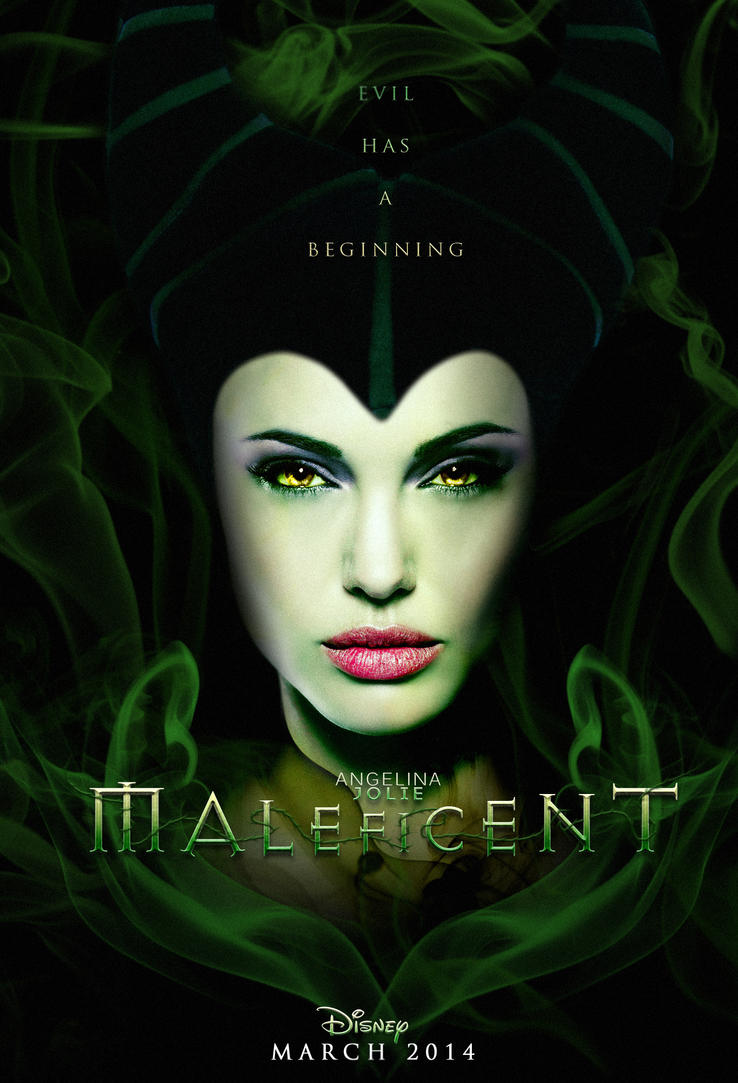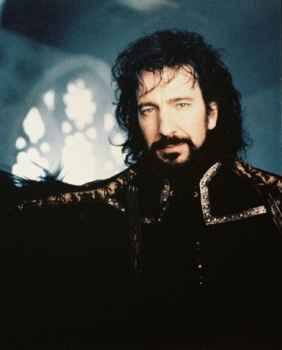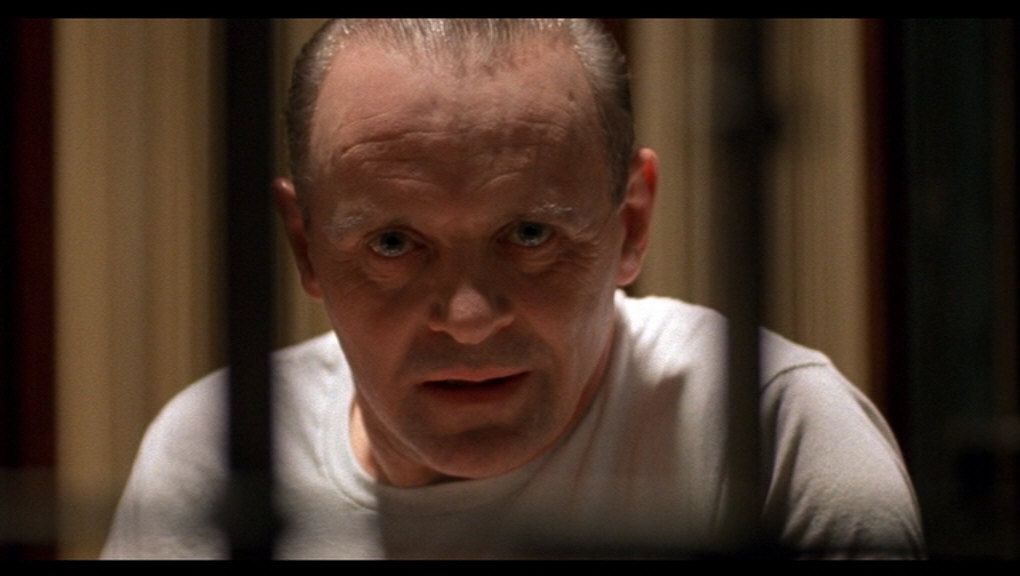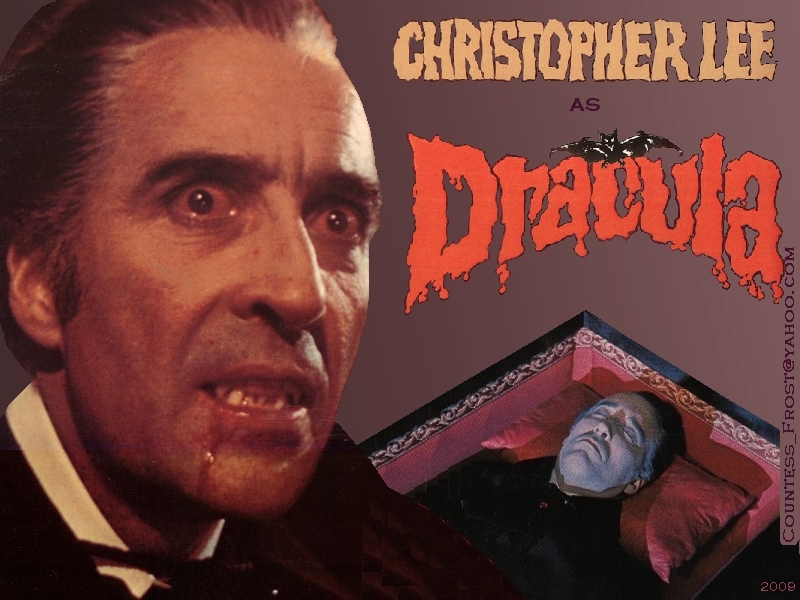[Re-blogged]
I thought I'd remind everyone on where I stand with villains and bad boys, following on from the Mr Perfect Meets Miss Virgin post!
Face it. Nine times out of ten
the villain steals the show. Whether it’s the witty one-liners, the charisma,
suavity and charm or the tragic back-story that jolts you into feeling
sympathetic or even empathising with them, it’s the villains that make a
cracking story. After all, what would a story be without conflict? And how
would the hero develop without a strong antagonist to push back?
My love of villains and all
things... villainous ... began as soon as I was introduced to Disney. What has
Aurora got that Maleficent can’t beat? Seriously. That woman has class, style,
an amazing hat, and turns herself into a dragon. When I discovered that
Angelina Jolie will be playing her in her very own movie, aptly named Maleficent, (out 2014), I was beyond
excited.
The evil fairy Maleficent is
pretty much the epitome of a successful villain: she’s interesting, memorable,
and has cheekbones you could cut your sandwiches with. She also has real emotions
(it hurts to be the only one not
invited to a party... how would you
like it?) and without her, Sleeping
Beauty would have been a bit of a snooze-fest. [See what I did there?!]
My
novel, The Book of Fate, first in a
planned quadrilogy, revolves around a very simple premise: what if the villain got the girl? ... How many different ways could
a classic hero story end if that was the case? The best thing about a premise
like that is that you could write it a hundred different ways, and it would
come out differently each time. Why on earth The Book of Fate ended up the way it did is anybody’s guess, but I
blame my various twisted influences, of whom Alan Rickman was probably the
strongest...!
Alan
Rickman as the Sheriff of Nottingham in Robin
Hood: Prince of Thieves
... But what’s with my obsession
with villainy?
When asked in an interview why he
always plays bad guys, Alan Rickman replied, “I don’t play bad guys. I play
very interesting people.”
That’s
one of the most important keys to writing any antagonist: they have to be interesting. They can be immature,
sarcastic, or just flat-out hysterical, but without a sense of depth to them
they fall a little flat. Antagonists need a gripping, well-thought out
back-story, a reason to be who they have become, a reason to do the things they
do, and a personality that you can really engage with. Whether you love them,
hate them or love to hate them, they have to provide the hero - - and the
reader - - with a real challenge.
Just
as importantly, they have to be memorable.
There’s a reason people know who Hannibal Lecter is even if they haven’t read
the novels or seen the films. You don’t forget the charming self-assured
psychopaths with a penchant for eating people in a hurry.
Anthony Hopkins as Hannibal Lecter in Silence of the Lambs
As an author who comes over all
maternal when talking about my characters, my villains are far and away the
favourite children. For the character of Kristof I borrowed from the historical
figure Vlad the Impaler, tapping into my lifelong Dracula obsession. Borrowing
from history and mythology is a great way of creating new and original
characters that really stand out, and feel
real.
If you were to make a list of
your top five, what would they have in common?
I think I’ll leave you with that
thought, and, just for fun, my own top five favourite, interesting, memorable
villains of my childhood... (mine was an interesting
childhood...)
5. Maleficent
Best Qualities: Magic powers, dragon transformation, and, like most
of us, hates being left out of things. She doesn’t get mad. She gets even.
Best Line: "You poor simple fools, thinking you could
defeat me. Me, the mistress of all evil."
There we have it folks. Mistress
of all evil. Top Five it is.
4. Alan Rickman’s Sheriff of Nottingham
Best Qualities: He. Is. Hysterical. Also oddly attractive (come on,
tell me you can’t see it!), completely barking mad and dysfunctional, balancing
between sinister and sympathetic with a screwed up childhood (raised by the
witch Mortiana who turned out to be his mother – the scene where he found that
out got cut, sadly, but is supposed to have been the funniest scene in the
film...) and not a snowball’s hope in hell with Marion.
Best Lines: “That's it then. Cancel the kitchen scraps for lepers and orphans, no
more merciful beheadings, and call off Christmas!”
“LOXLEY! I’m going to
cut your heart out with a spoon!!!”
3. Hannibal Lecter
Best Qualities: Suave, sophisticated, hates rudeness and unrefined
behaviour and believes it should be punished. He once ate a musician for
playing out of tune. His expensive tastes run to the opera and fine dining. His
complex relationship with Clarice Starling is brilliantly conceived and the
psychological twists of his deeply disturbed psyche are fascinating to read.
Best Line: “I’m giving very serious thought... to eating your
wife.”
2. Jadis the White Witch
Best
Qualities: She is, quite literally, one of the coolest villains around. She
controls the seasons, lives in an ice palace, and turns people to stone. Her
wardrobe is amazing. She is terrifying and alluring, and genuinely frightened
of Aslan, which gives her a vulnerable side.
Best
Line: “You know, Aslan, I'm a little disappointed in you. Did you honestly
think by all this that you could save the human traitor? You are giving me your
life and saving no one. So much for love. Tonight, the Deep Magic will be
appeased, but tomorrow, we will take Narnia forever! In that knowledge,
despair... and die!”
1. Dracula
Best Qualities: Based on genuine folklore, superstition and the
history of a certain Wallachian [NOT Transylvanian] prince, this character
propelled vampire literature into the popular imagination like nothing before.
The Byronic vampire – a sophisticated twist on the bloodsucking peasant corpses
which clawed their way out of the dirt to plague their unwashed relatives in
rustic superstition – had been created in 1819 by Polidori, a friend of Lord
Byron’s. Stoker created a similarly aristocratic and gentile figure, basing it
on the real-life 14th Century figure of Vlad Tepes or Dracula, son
of Vlad Dracul, known as Vlad the Impaler. He is able to walk in the sun but
his powers of nature are diminished in the daylight. He is not killed by
sunlight, but by being stabbed in the heart with a Bowie knife and having his
throat cut. Vampires are said to read minds, control thoughts, become animals,
control the weather and even turn into mist, and of course, they can create
other vampires. Dracula’s power over women and the way he turned them from dutiful
and nurturing wives and mothers into sexual predators and child-killers was a
terrifying concept to Stoker’s Victorian public. They are also themes which
resonate deeply in people today (men and women alike), and have sparked the ‘vampires = liberation’ of many modern interpretations of the vampire myth.
Without Dracula and his evolutionary ethos, we would never have had Lestat,
Angel, Spike, the Lost Boys, Bill Compton, Eric Northman (and the rest of the
True Blood clan)... the list goes on. We probably could have done without
Edward Cullen, but if you are one of those that could not, then you have Stoker
to thank for him too.
Best Lines: “Listen to
them - children of the night. What music they make.”
(1992
film) “We Draculs have a right to be proud!
What devil or witch was ever so great as Atilla, whose blood flows in these
veins? ...”
So there we are!
My personal top five. I’ll leave you on that happy note!
... Sweet dreams...








Comments
Post a Comment